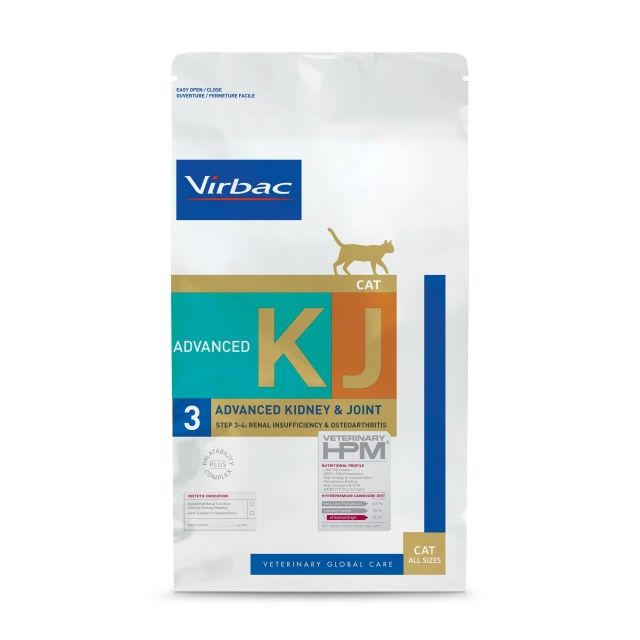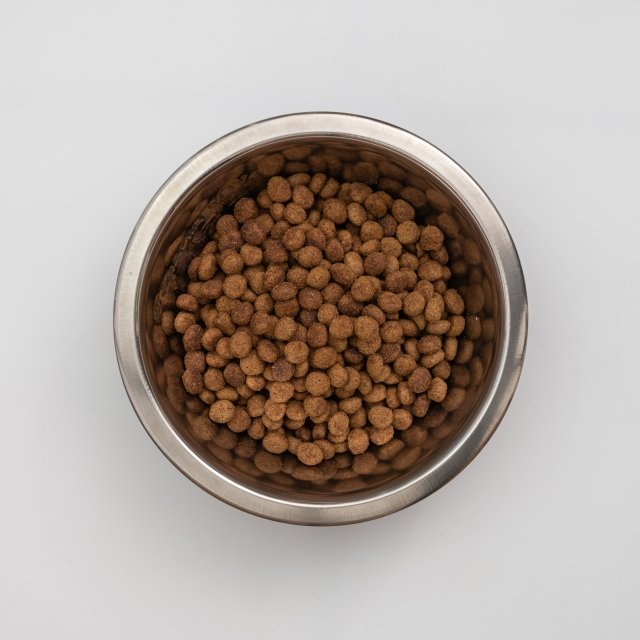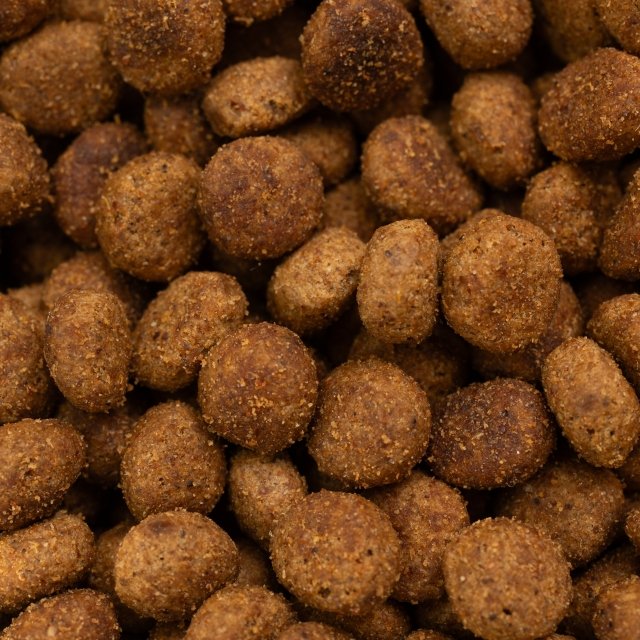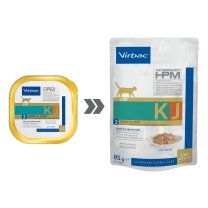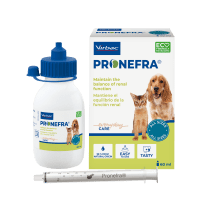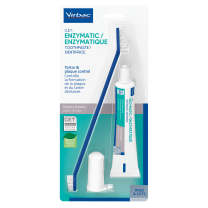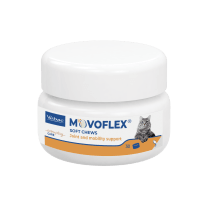Product Details
VETERINARY HPM® KJ3 Advanced Kidney & Joint is a tasty dry cat food for adult and senior cats in the advanced stages of chronic kidney disease (IRIS classification stages 3 and 4), with or without osteoarthritis. It’s expertly adapted to support kidney function in chronic kidney disease, support the joints in the case of osteoarthritis and manage denutrition.
Nutritionally adapted for cats with advanced kidney disease
VETERINARY HPM® KJ3 Advanced Kidney & Joint contains high fat and energy density to avoid denutrition, along with limited, high-quality proteins (30%) for cats with advanced kidney disease. This low protein level and choice of high quality proteins restricts the production of uraemic toxins to support the kidneys while preserving your cat’s muscle mass. In cases of osteoarthritis, it also promotes healthy weight maintenance to reduce strain on the joints.
Very low in phosphorous to support kidney function
In the advanced stages of kidney disease, the kidneys struggle to filter out excess phosphorus. This can further damage the kidneys and other tissues. VETERINARY HPM® KJ3 Advanced Kidney & Joint contains restricted protein, high omega-3 fatty acids, and a low level of phosphorus (0.5%) to support your cat’s kidney function. It also includes chitosan to bind to phosphorus, further reducing the levels available in the body.
A blend of supportive nutrients to support joints in the case of osteoarthritis
Like kidney disease, joint problems like osteoarthritis are common as cats age. VETERINARY HPM® KJ3 Advanced Kidney & Joint features a range of nutrients designed to keep the joints mobile and flexible and reduce pain:
• Omega-3 fatty acids help limit inflammation that can lead to joint pain and degeneration.
• Egg shell membrane is rich in collagen, glucosamine and other nutrients naturally found in the joints.
• Chondroitin sulphate helps to support joint cartilage and supports lubrication.
• Chitosan optimises the breakdown and absorption of chondroitin.
VETERINARY HPM® KJ3 Advanced Kidney & Joint is an ideal dry cat food for adult and senior cats with advanced chronic kidney disease. Rich in naturally tasty, high-quality animal ingredients, you can be confident your cat will love the flavour. You can also tailor it to your cat’s needs and preferences by combining it with VETERINARY HPM® KJ2 Kidney & Joint Wet mousse.





